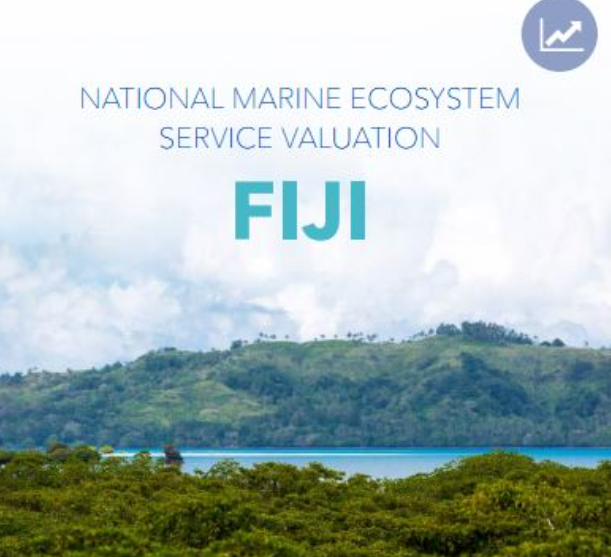
Coastal and marine ecosystems provide a variety of ecological functions1 that directly and indirectly translate to economic services with value to humans. For example, they support fish populations that constitute a significant source of protein and sustain ecosystem stability through conservation of biodiversity and mitigation of climate change through carbon sequestration. They act as sinks for by-products from industrial and agricultural production and provide recreational and aesthetic benefits. Marine and coastal resources influence cultural aspects of Fijian life and traditions. In particular, they are major suppliers of food for subsistence. Valuation studies of ecosystem services are increasingly called on to facilitate the incorporation of environmental values into the formulation of economic policy for more efficient (equitable and ecologically sustainable) marine and coastal management. We report on the economic evaluation of marine and coastal ecosystem services in Fiji. Specifically, seven marine and coastal ecosystem services categories were evaluated following The Economics of Ecosystems and Biodiversity (TEEB) approach. Ecosystem services
analysed were subsistence food provision, commercial food harvesting, mineral and aggregate mining, tourism, coastal protection, carbon sequestration, and research and education.














